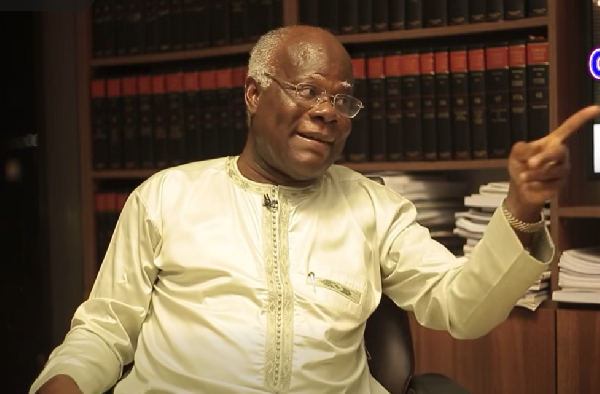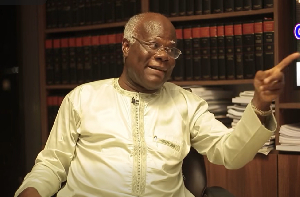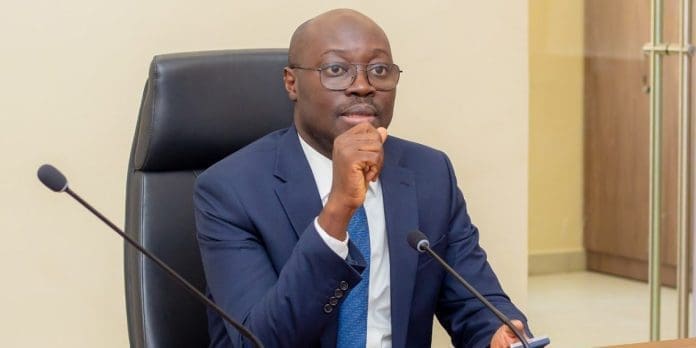
Finance Minister Dr. Cassiel Ato Forson has called on Ghanaians to stop pricing goods and services in US dollars, warning that the practice threatens the nation’s monetary sovereignty and undermines confidence in the local economy.
Speaking at the launch of the Cedi@60 anniversary celebration in Accra on Tuesday, October 28, 2025, Dr. Forson emphasized that the Ghana cedi remains the country’s only legal tender and urged citizens to treat it with the dignity it deserves. His message came during a grand ceremony that brought together Vice President Professor Jane Naana Opoku-Agyemang, the Speaker of Parliament, ministers of state, Bank of Ghana Governor Dr. Johnson Asiama, diplomats, and business leaders.
“Let me once again stress that as Ghanaians, the Ghana cedi remains the only legal tender,” the minister stated firmly. “The continuous pricing of goods and services in US dollars will only hurt us. Let’s stop it, and let’s stop it now.”
The Finance Minister’s passionate appeal highlights growing concerns about dollarisation in Ghana’s economy, where many businesses, particularly in real estate, hospitality, and high-end retail, routinely quote prices in foreign currency despite legal provisions requiring transactions in cedis. This practice, economists say, creates artificial demand for dollars and puts unnecessary pressure on the exchange rate.
Dr. Forson traced the cedi’s journey from its introduction in July 1965 by Ghana’s first president, Dr. Kwame Nkrumah, describing it as more than just a medium of exchange but rather a symbol of sovereignty, stability, and economic resilience. The currency replaced the colonial era Ghanaian pound, shillings, and pence in a bold step toward freeing the nation’s economy from colonial frameworks. He reminded Ghanaians that the currency has weathered periods of inflation, devaluation, redenomination, and recovery throughout its six decades of existence, yet remains the heartbeat of the nation’s economic independence.
The government’s commitment to maintaining a strong cedi has shown remarkable results recently. Vice President Opoku-Agyemang noted during the ceremony that while the Ghana cedi was labelled the world’s worst-performing currency in 2022, Bloomberg now reports it as the best-performing currency globally in 2025. Additionally, inflation has dropped dramatically from 54.1 percent to 13.7 percent, and gross international reserves now exceed $12 billion, signaling renewed market confidence.
“Confidence is returning to the markets, to investors, and slowly but surely, to our people,” the Vice President said. “But trust in the cedi will not sustain itself. It must be maintained through sound decisions, transparent actions, and accountable policies.”
Dr. Forson attributed the cedi’s resilience to sustained reforms aimed at restoring confidence in the economy and pledged that the government would stay the course to ensure the currency’s gains are maintained. He emphasized that fiscal discipline remains at the heart of the administration’s strategy to strengthen the cedi and restore investor confidence in Ghana’s economy.
However, the Finance Minister stressed that government efforts alone won’t suffice. Citizens, traders, and institutions must play their part by upholding the sanctity of the Ghana cedi in daily transactions. “The cedi is the wealth we have,” he declared. “Let us protect it, let us trade with it, and let us defend it.”
Vice President Opoku-Agyemang echoed this sentiment in her own remarks, emphasizing that macroeconomic stability must not be treated as an abstract achievement. “It must be seen as the quality of life for every Ghanaian,” she stressed, noting that a strong currency affects everything from business planning and foreign investment to the affordability of school fees, farm inputs, and household goods.
The Vice President also warned against fiscal irresponsibility. “Government must lead by example. No more reckless borrowing or surging deficits that pass today’s problems to tomorrow’s generations,” she stated. “Every loan must be tied to a return, and every cedi spent must have corresponding value.”
The Cedi@60 celebration, themed “60 Years of the Cedi: A Symbol of Sovereignty, Stability and Economic Resilience,” marks six decades since Ghana asserted its financial independence. The year-long programme, announced by Governor Asiama, will feature exhibitions, lectures, community forums, digital outreach, and a currency conference bringing together stakeholders from central banks worldwide, academia, and the private sector. Youth competitions in music, art, essays, and quizzes are also planned to engage younger generations.
A significant innovation unveiled during the ceremony was the e-Cedi initiative. Vice President Opoku-Agyemang revealed that the Bank of Ghana is currently developing and testing this digital version of the currency to modernise Ghana’s payment systems. “Once fully scaled, the e-Cedi will modernise our payment systems and ensure that even in a cashless future, the cedi retains its importance,” she explained, while stressing the need for digital inclusion so no Ghanaian is left behind.
The Finance Minister’s call comes at a critical time when Ghana is working to consolidate recent economic gains. While the cedi has performed remarkably well this year compared to previous periods, maintaining that stability requires collective action. Businesses that continue pricing in foreign currencies not only violate the spirit of national economic independence but also contribute to the very instability they claim to be protecting themselves against.
Dr. Forson concluded his address with an appeal to patriotism, urging Ghanaians to see the cedi not as a burden but as a badge of economic independence. “As citizens, we have a role to play,” he said. “We must maintain the sanctity of the cedi by preserving it with dignity and protecting it jealously.”
Vice President Opoku-Agyemang added her voice to this call for collective responsibility, paying tribute to Dr. Nkrumah, past Bank of Ghana governors, and the “quiet dedication” of citizens who have kept the economy running through six decades of change. “As we buy, sell, borrow, save, and even repay debts, we must remember that the cedi has been a symbol of our national identity and aspiration for 60 years,” she said.
The question now is whether businesses will heed this call or continue practices that undermine decades of effort to build a truly sovereign monetary system. For Ghana’s economic future, the answer matters more than many realize.
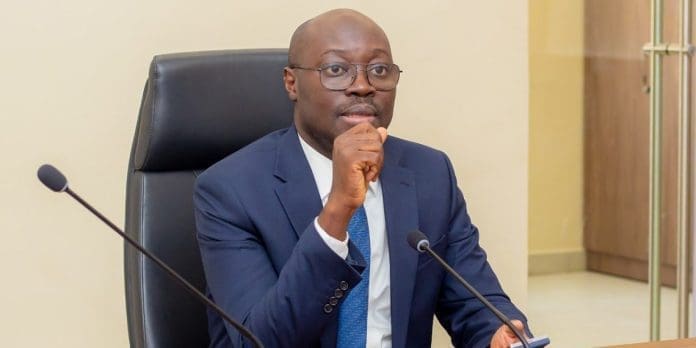



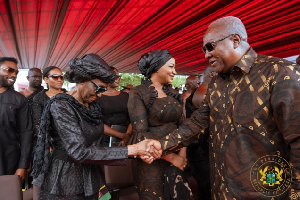
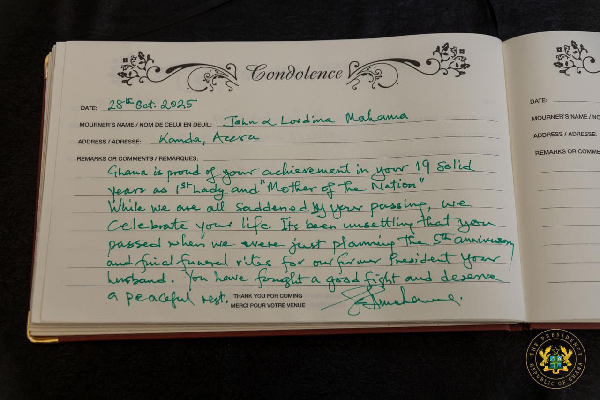

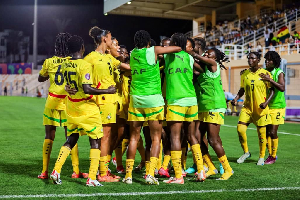




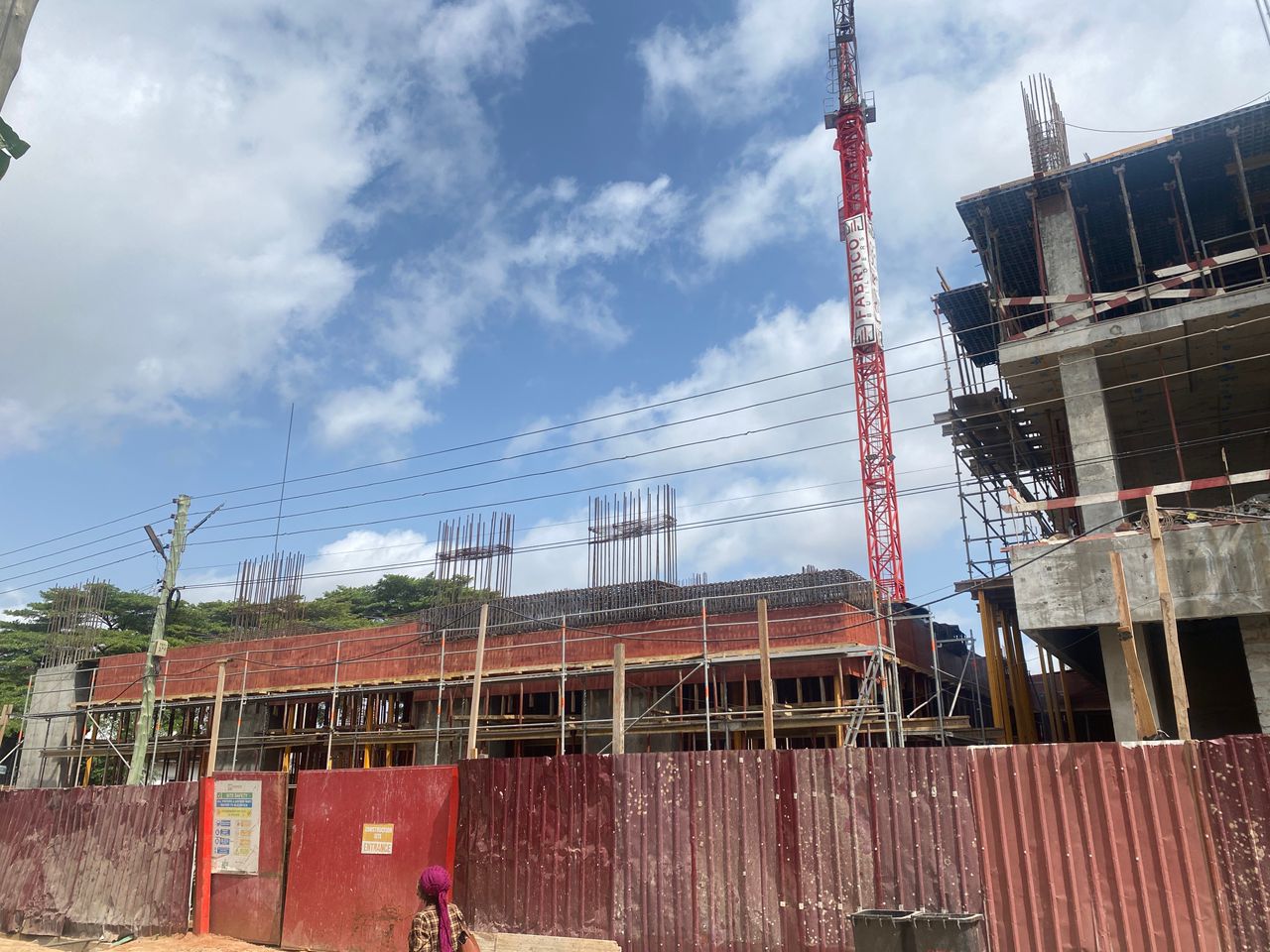
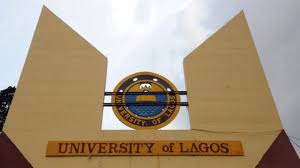
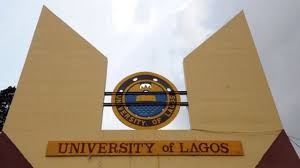
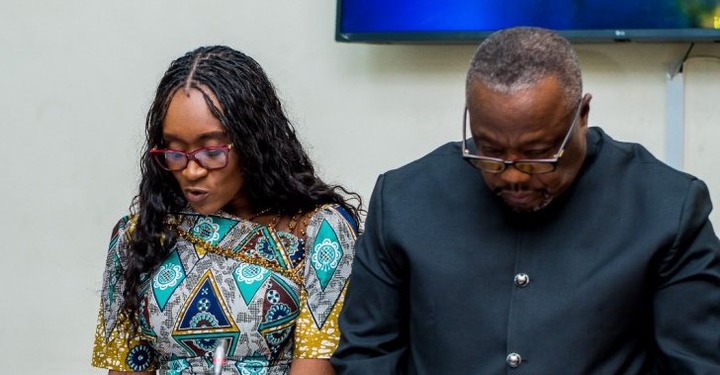
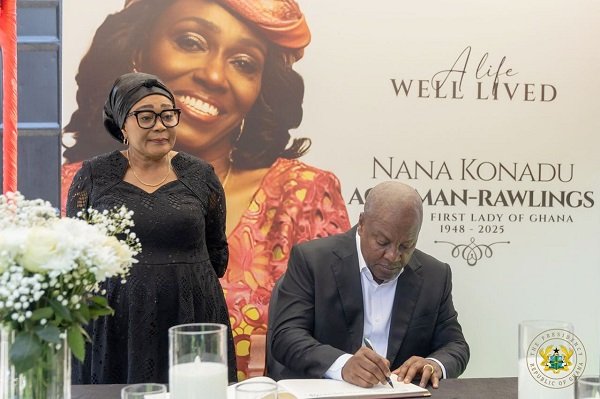




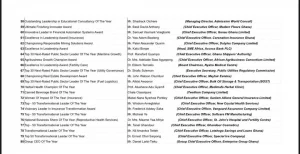



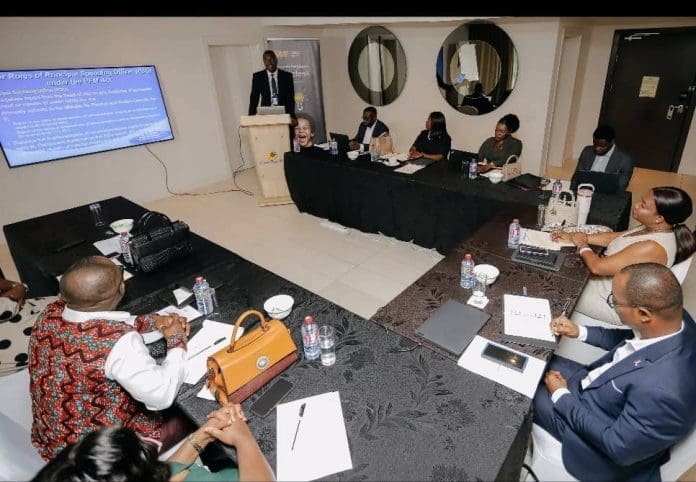
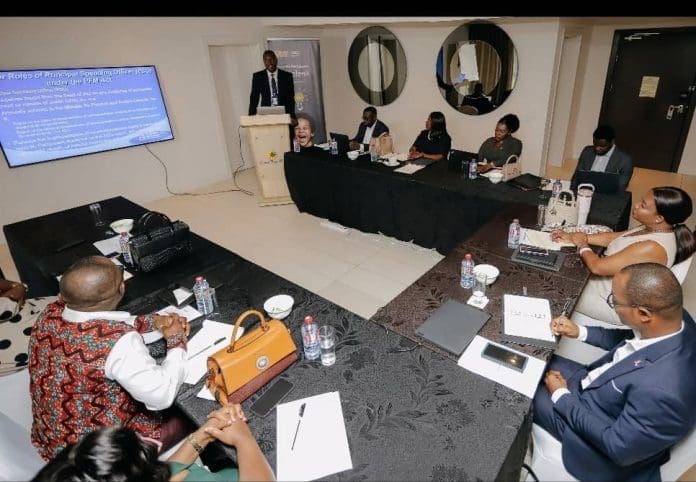


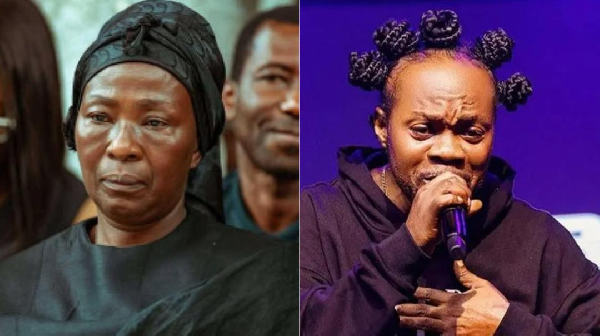

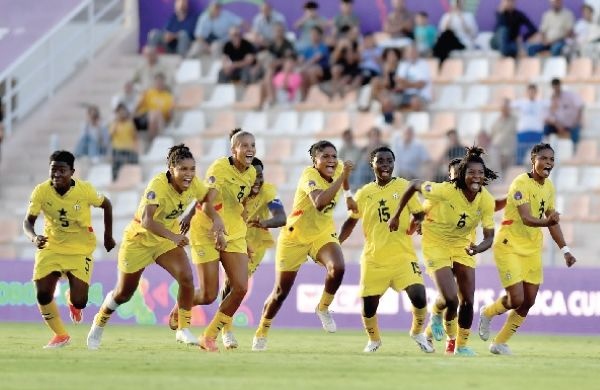



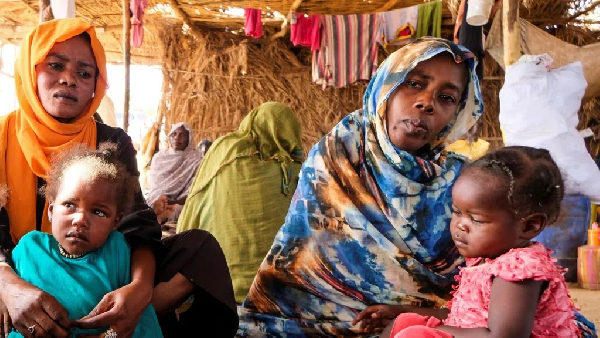
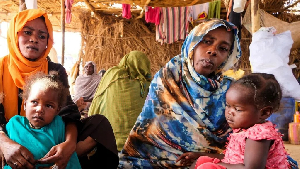
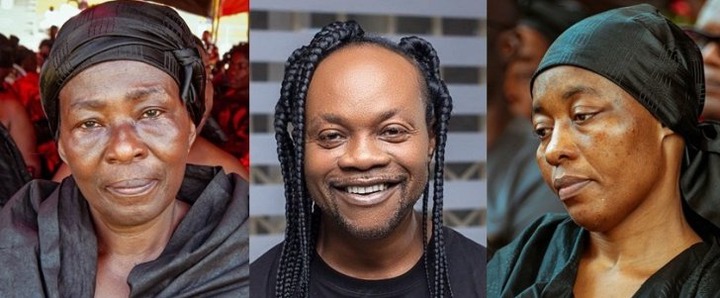
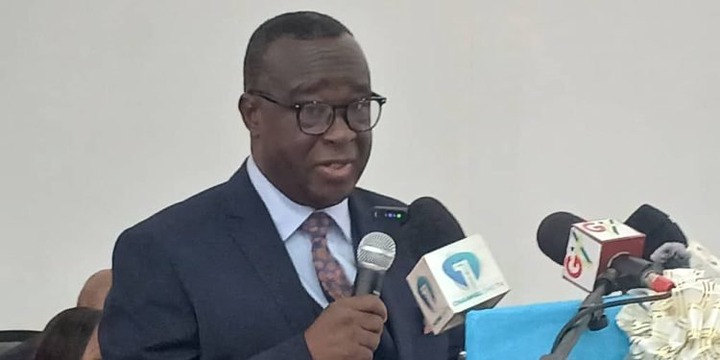

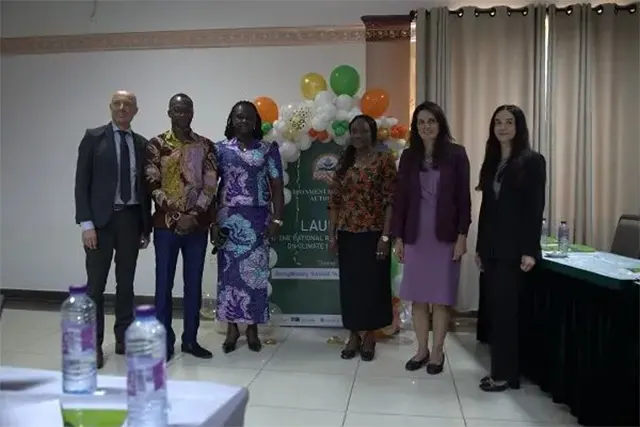
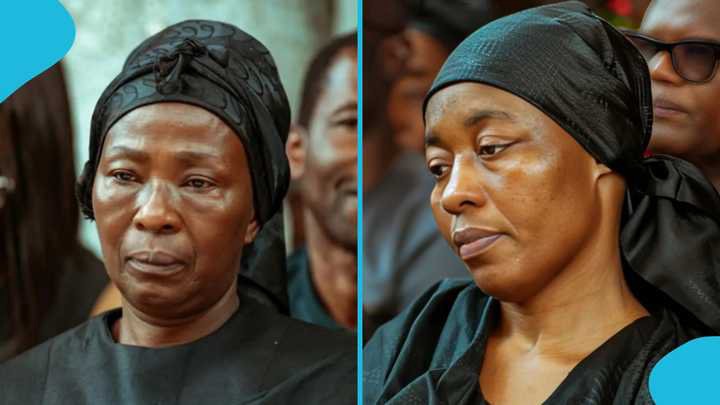


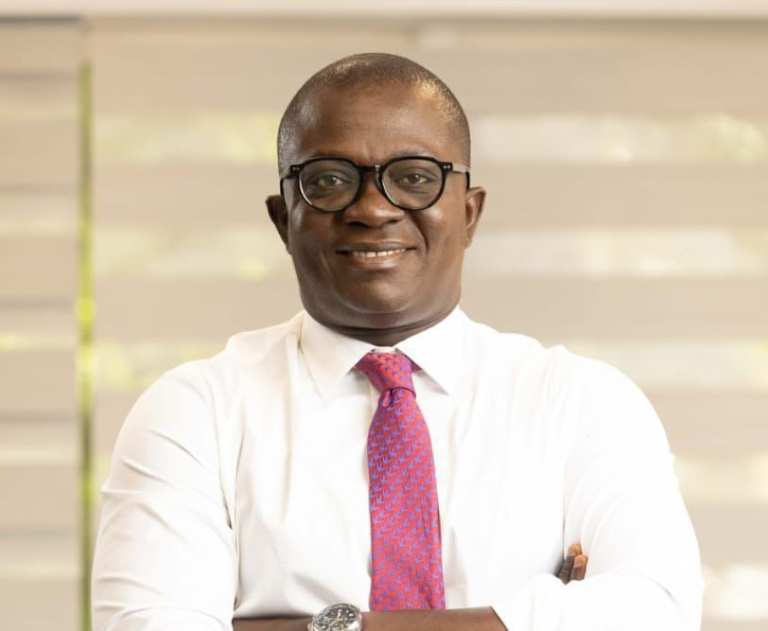
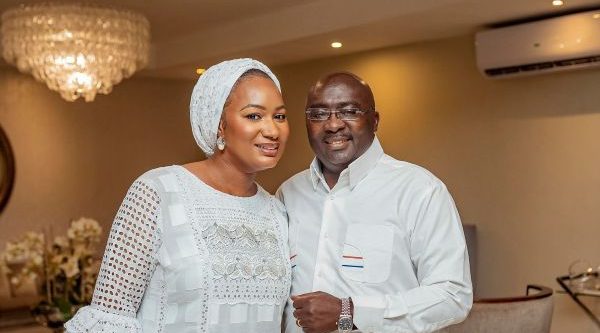
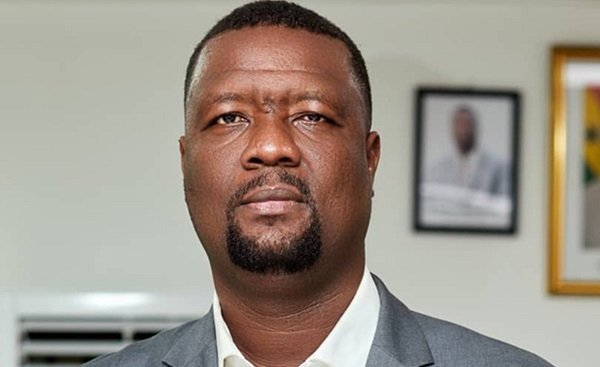
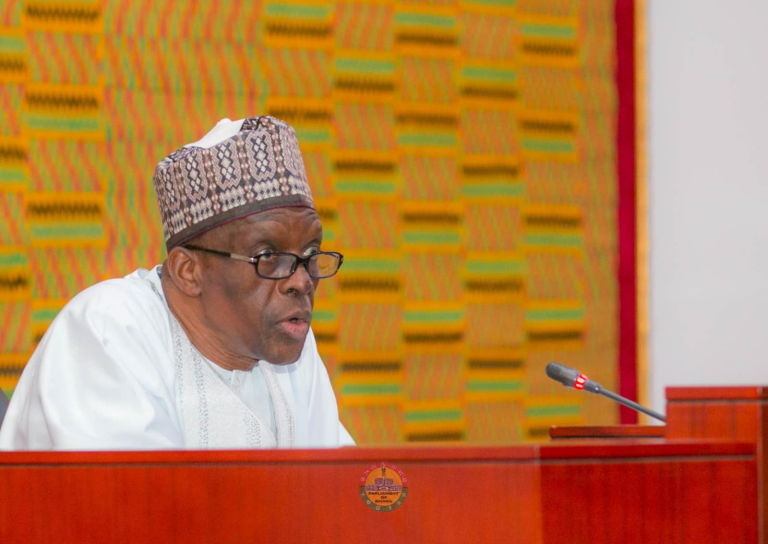



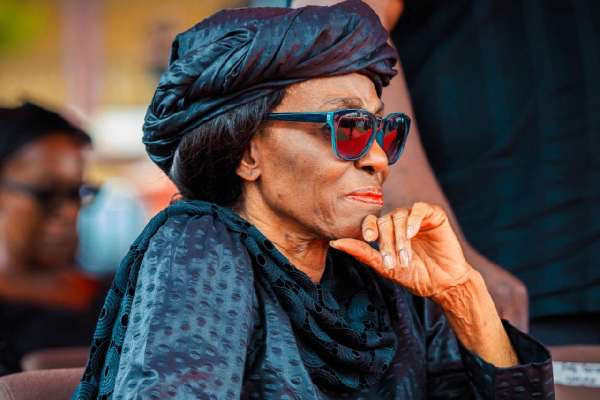
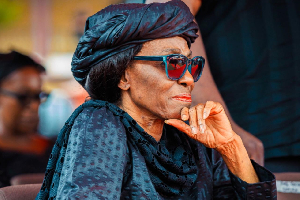
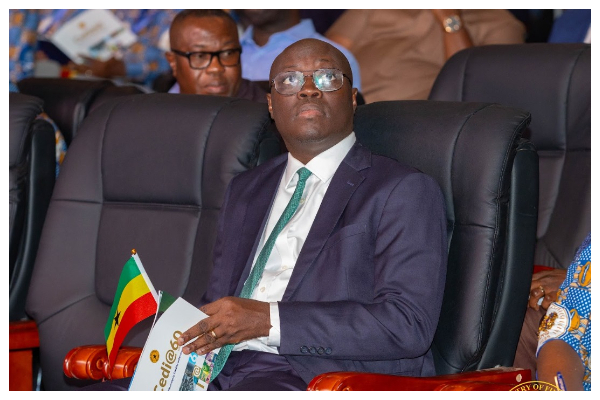
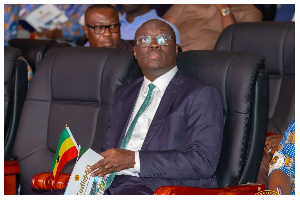


![Mahama announces state burial for Nana Konadu Agyeman-Rawlings [Photos] Mahama announces state burial for Nana Konadu Agyeman-Rawlings [Photos]](https://www.ghanamma.com/wp-content/uploads/2025/10/4edbcdb2c3b139be307e8c3364f236ec.jpeg)
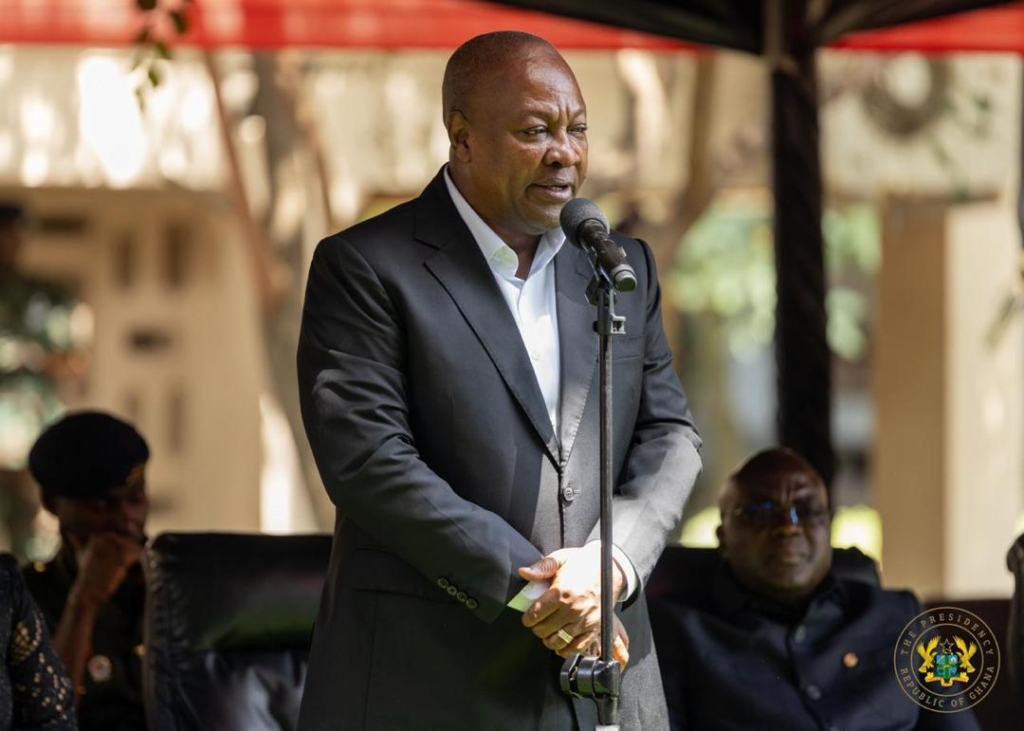
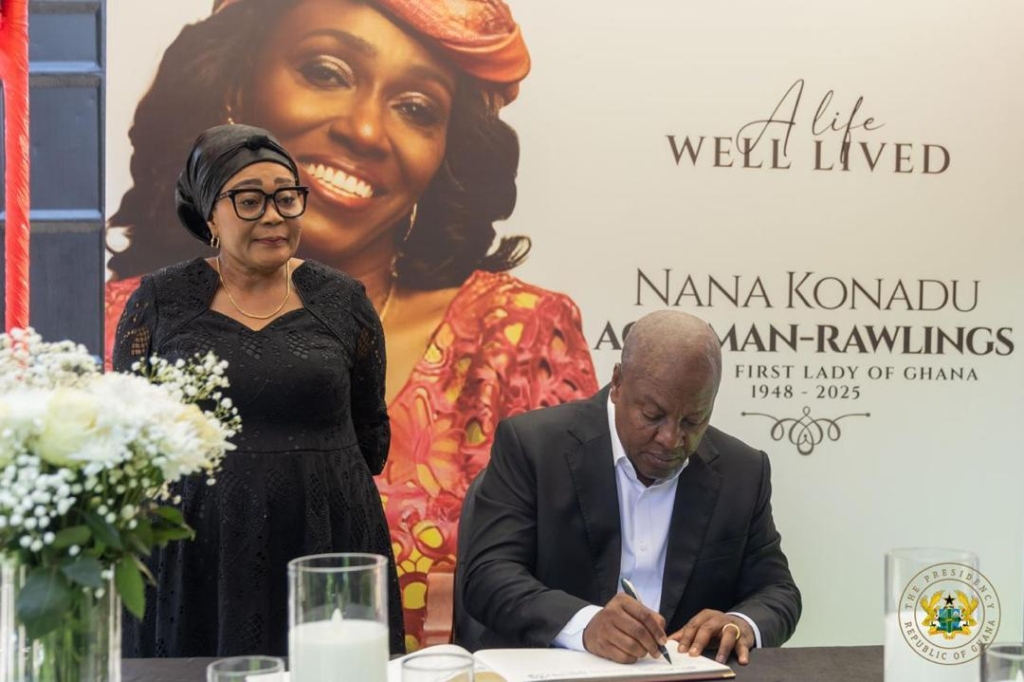

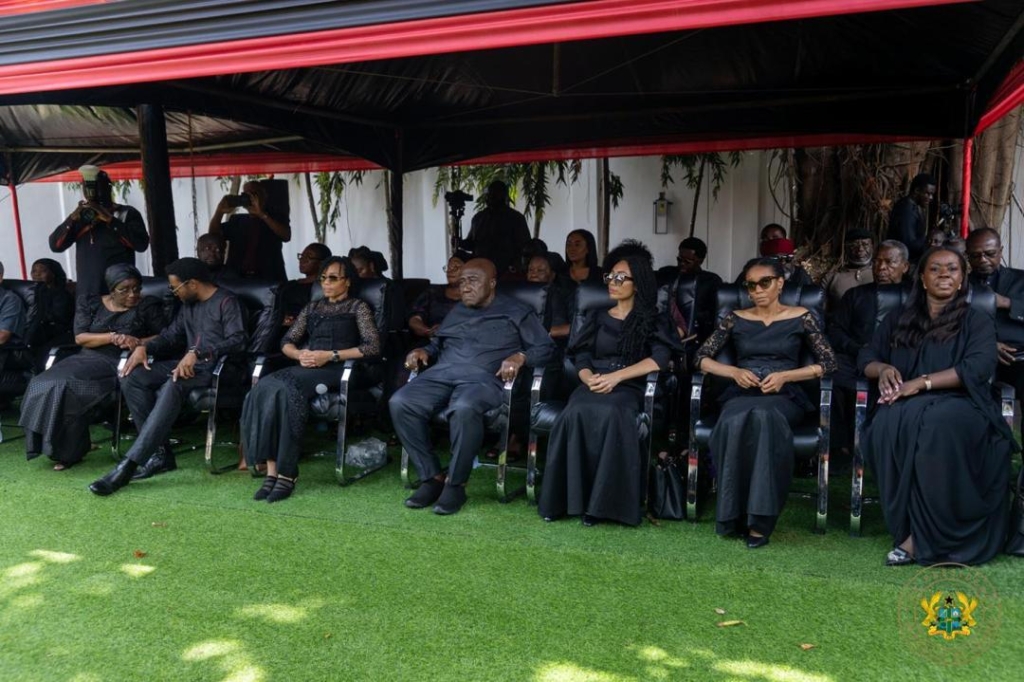



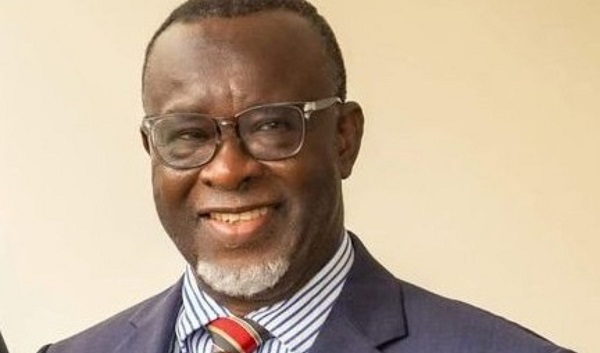
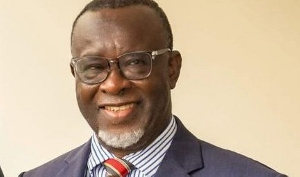
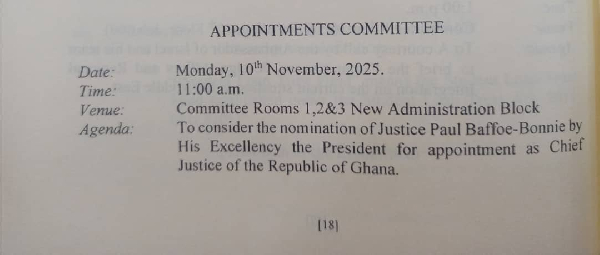
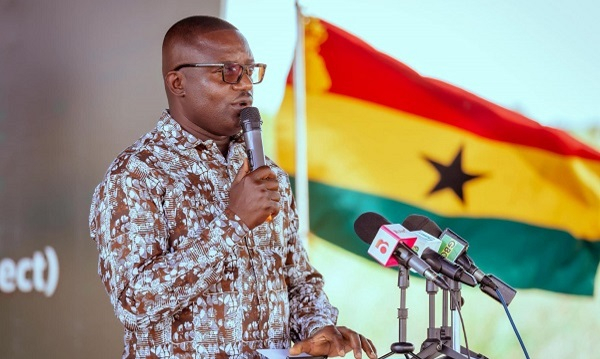
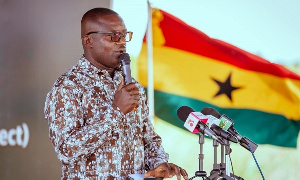


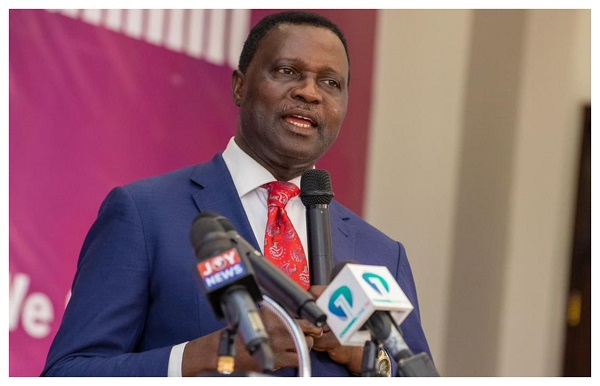
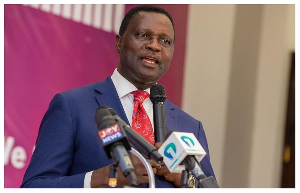
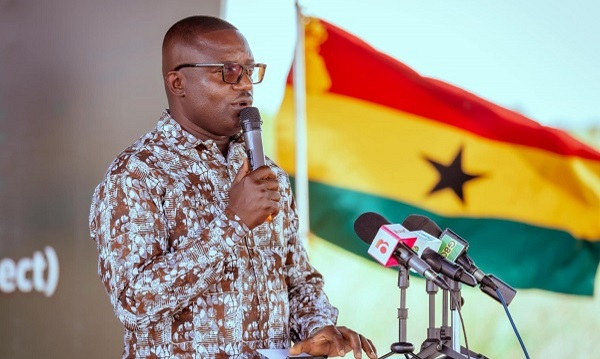
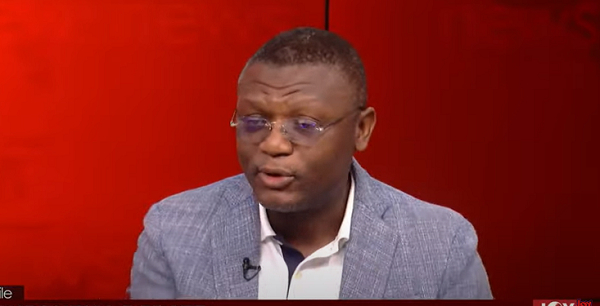
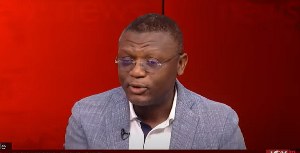


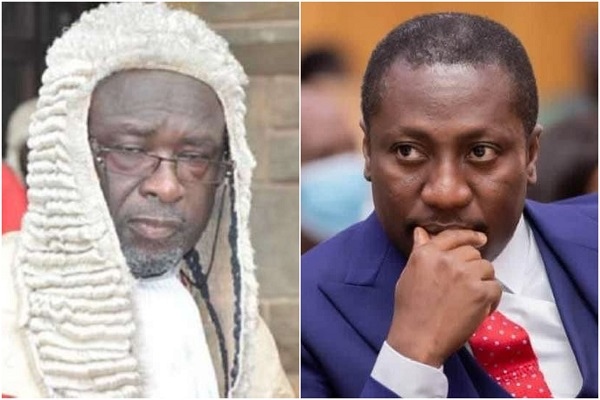
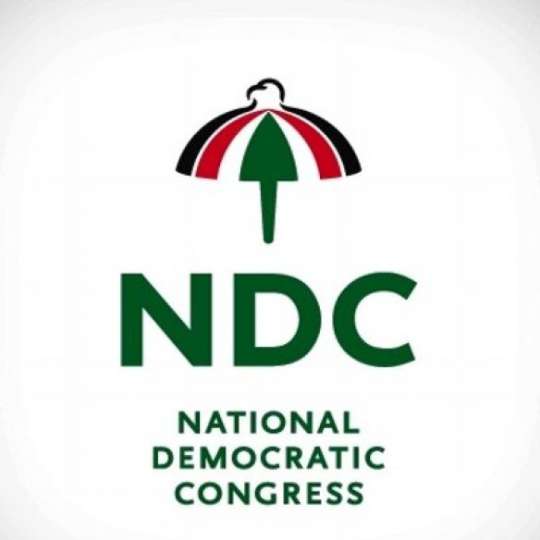
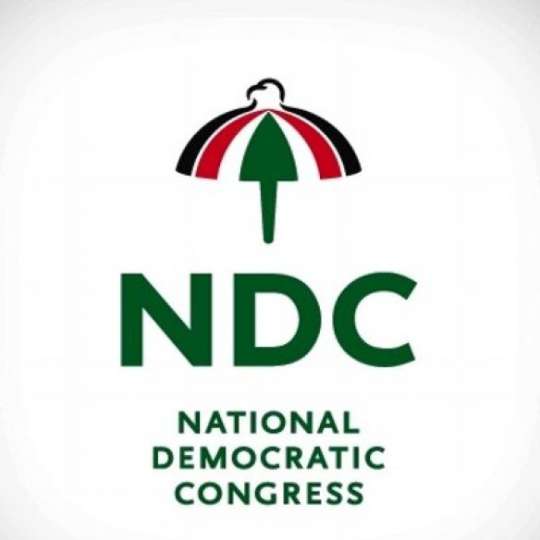

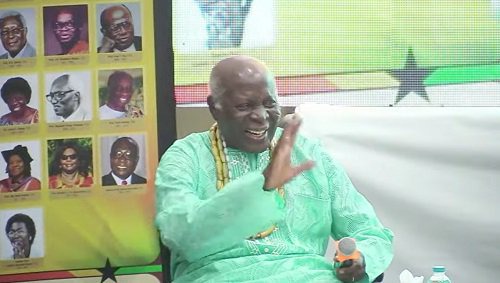
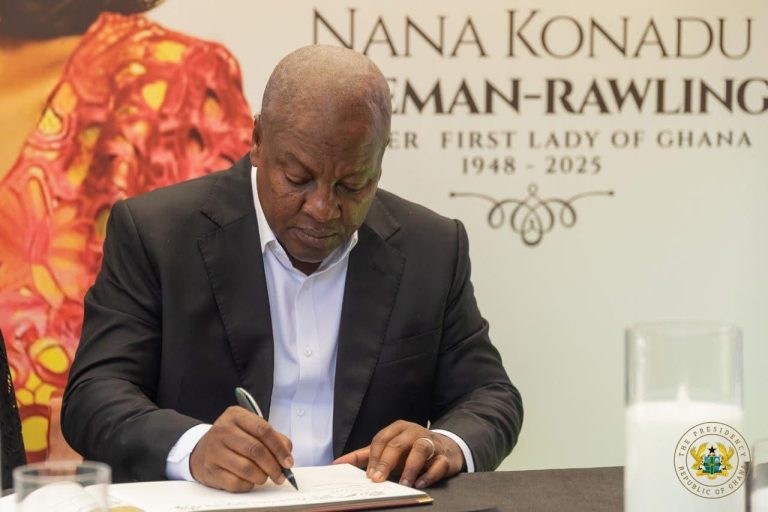


 Read also
Read also